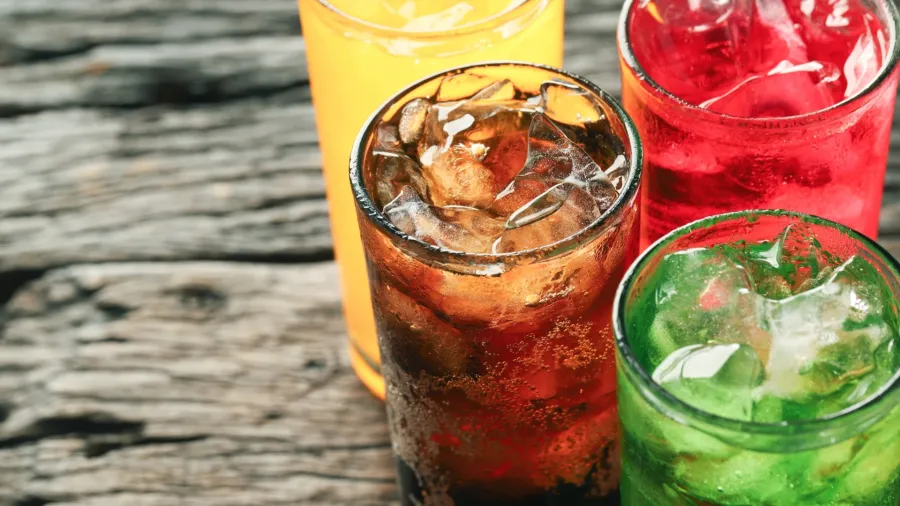
Australians demand healthier, more sustainable beverage options
Experts are calling for a 20% tax on sugary drinks.
Australians are increasingly seeking healthier and more sustainable beverage options, according to a recent report by Canvas8.
The report, Why Aussies Want a Functional Future for Soft Drinks, said that growing concerns over excessive sugar consumption, rising obesity and diabetes rates, and the environmental impact of plastic waste are pushing the soft drink industry to adapt.
Australians consume over 2.4 billion liters of sugary beverages each year, contributing to rising obesity and type 2 diabetes rates. Experts are calling for a 20% tax on sugary drinks, which could raise $1.4 billion over two years.
Mark Curry, CEO of Savvy Beverage, supports this measure, adding that the tax should also cover artificial ingredients. “People are looking for drinks that not only taste good but also provide tangible benefits,” he said.
Beyond health, the environmental toll of soft drink packaging is a growing concern. Australia is one of the largest per capita consumers of single-use plastic, with 3.8 million tonnes of plastic used annually. Only 14% of this waste is recovered. Nina Gbor, director of the circular economy program at The Australia Institute, warns of the severe consequences of plastic pollution, noting that by 2050, Australia’s plastic waste could rise to nearly 10 million tonnes.
Gbor advocates for a tax on brands that produce polluting packaging, with the proceeds directed towards research and the development of reusable and compostable packaging systems. This move, she said, could drastically reduce plastic waste and support environmental efforts.
Sustainability is also becoming a key factor in consumer decisions, with more than half of Australians choosing eco-friendly packaging. Companies like Refilled, which offers smart drink dispensers to reduce plastic waste, are leading the charge. Refilled’s Ryan Nelson noted, “only one in five [plastic bottles] are ever recycled, and plastic bottles that are recycled can only be processed twice before they can no longer be used again.”
Moreover, the demand for functional beverages—drinks that offer health benefits—has also surged, with the market expected to grow from $451m in 2022 to $698.1m by 2024.
Brands are also combining nostalgia with sustainability, such as the re-release of Halls, a beloved soft drink from the past. Produced in glass bottles, which generate 85% fewer carbon emissions than plastic, the brand is attracting consumers across generations.
“Fizzy drinks are best enjoyed in moderation, and growth in the sector will come from launches that are cantered on meeting both taste and indulgence,” Curry said.

















 Advertise
Advertise






